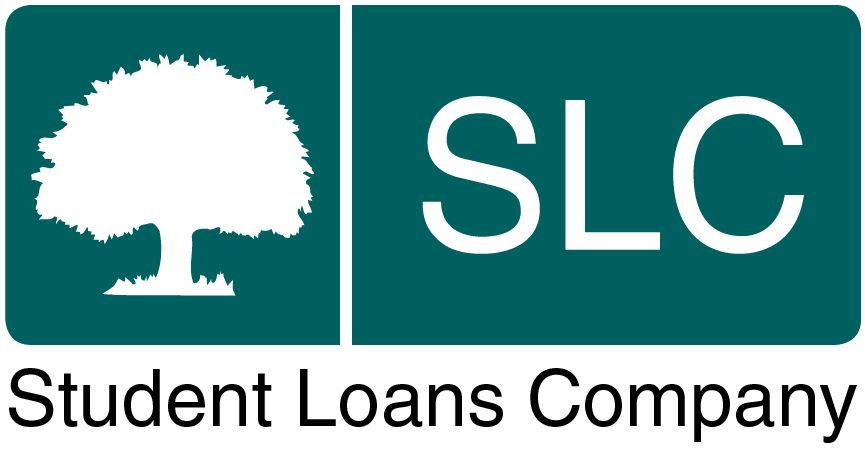Accredited official statistics
Definitions (England)
Updated 22 July 2022
Applies to England
| Term | Definition |
|---|---|
| Account paid in full | The borrower has repaid the account in full without it being cancelled or written off. This includes accounts with small balance write-offs and includes accounts closed under the Repayment of Teacher Loans (RTL) Scheme. |
| Advanced Learner Loan | A fee loan payable to further education (FE) providers on behalf of FE learners who meet the eligibility criteria and started an FE course on or after 1 August 2013. |
| Balance transfers | The transfer of a balance between repayment plans which would occur if one plan type has a credit balance and the other a debit balance. |
| Cancelled loan | The borrower no longer has any liability to repay as provided for in the loan’s regulations. A borrower’s liability shall be cancelled: 1) On the death of the borrower; 2) On reaching the age cancellation criteria for their loan (age 50, 60, 65 or after 25 years or 30 years depending on the type of loan and year taken out); or 3) If borrower is in receipt of a disability related benefit and permanently unfit for work. |
| Domicile | The habitual and normal residence of a student apart from temporary or occasional absences in the relevant period prior to commencement of study. |
| EU borrower | A borrower who was originally domiciled in an EU country prior to entering higher education in England. Such borrowers are eligible from academic year 2006/07 and for Tuition Fee Loan only. |
| In arrears | Borrowers who have at least one loan on which repayments are overdue. Arrears also arise when a borrower moves overseas and fails to repay SLC according to their repayment schedule. Additionally, any borrower who moves overseas and fails to provide the information required to agree the appropriate repayment schedule will also be placed in arrears. |
| Income Contingent Repayment (ICR) Loan | Also known as ICR Student Loan. Introduced in 1998, repayment is 9.0% of income above the repayment threshold. |
| Income threshold | The earnings level at which borrowers liable to repay will make repayments. |
| Liable to repay | The borrower has reached their Statutory Repayment Due Date (SRDD). See definition of SRDD. |
| Losses through phishing | Losses through phishing are write offs for loan payments re-directed by a fraudster that would otherwise have gone to a student. Phishing is a fraudulent attempt to obtain from customers information such as usernames, passwords and bank details by masquerading as a reliable entity in an electronic communication such as e-mail or instant messaging. If a student responds to the phishing email, payments that would otherwise go to that student may be redirected by the fraudster. |
| Maintenance Loan | Maintenance loans are loans to cover living costs. |
| New borrowers | Borrowers who had no loans at the beginning of the financial year and took out new loans during the financial year. |
| No live employment at HMRC | Borrowers in the UK tax system where HMRC does not have a record of any current employment when the data cut is taken for the statistics, therefore their latest employment status is given as “to be determined”. |
| Overdue debt | That part of the loan balance that is overdue for those borrowers who are in arrears. |
| Postgraduate loan | Postgraduate loans are loans towards tuition and living costs. |
| Refunds of income contingent repayments | Where over-repayment is identified, a refund is provided to the customer by SLC. |
| Repayment cohort | A borrower is placed in a single repayment cohort. In some circumstances the repayment cohort may change i.e. withdrawal from course of study. The repayment cohort is based on the year of the earliest Statutory Repayment Due Date (SRDD). See definition of SRDD below. |
| Repayment plan | The ICR Loan scheme has been separated into different repayment arrangements called Repayment Plan 1, 2 and 3. They differ in the earnings threshold used to trigger repayment and the interest rate applied to outstanding balances. Please refer to Income Contingent Student Loan repayment plans & interest rates and calculations. |
| Study mode | The mode of study (full-time or part-time) when the borrower took out their loan. |
| Statutory Repayment Due Date (SRDD) | The point a borrower becomes liable to begin repaying a loan, normally the April after graduating or otherwise leaving their course. After the SRDD borrowers are required to make repayments if their income is above the threshold. |
| Tuition Fee Loan | Tuition Fee Loans are loans to cover all or part of the cost of tuition. They are paid directly to the learning provider. |
| Written off loan | The borrower remains liable to repay but recovery is deemed unlikely by the loan administrator or not possible by legal judgement. |

